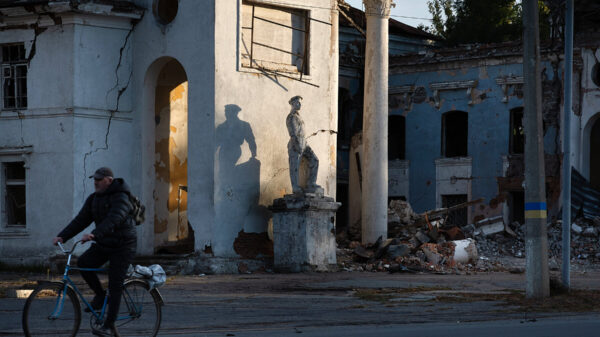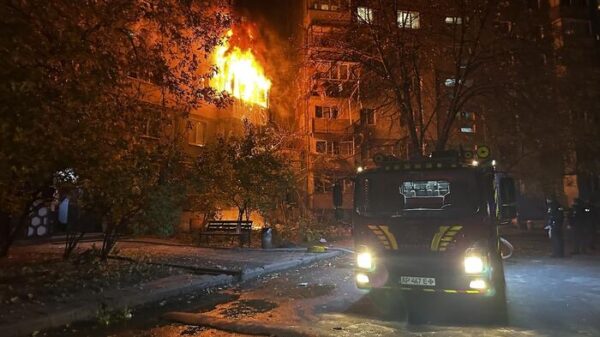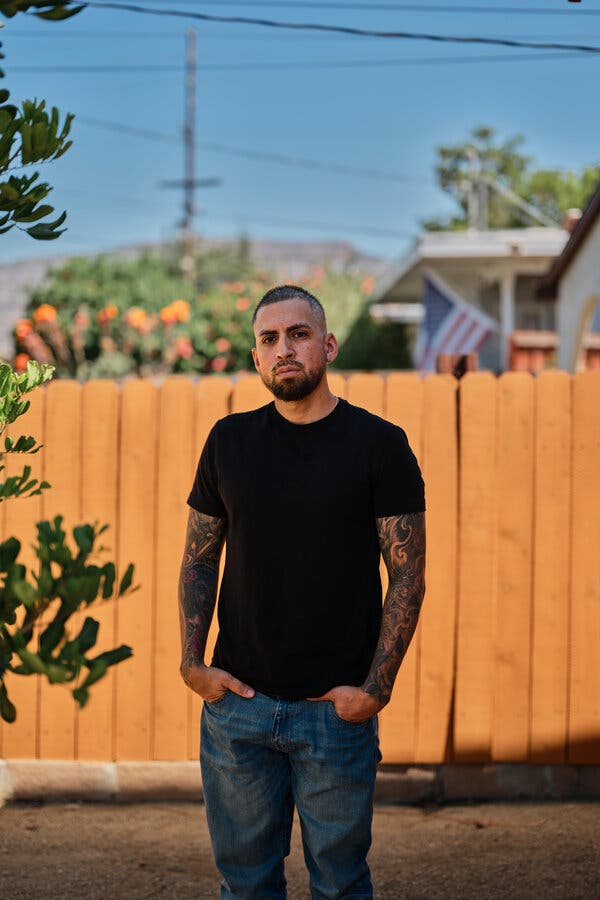Wildfire fighters in Los Angeles are experiencing severe health issues following their exposure to toxic smoke during devastating fires in January 2023. Reports indicate that many of these first responders developed immediate symptoms, such as severe migraines, intense coughing, and nausea. As the months have progressed, some continue to struggle with respiratory problems that disrupt their sleep and daily activities.
The smoke from the January wildfires was described as thick and acrid, with a scent reminiscent of burning plastic. Firefighters reported feeling overwhelmed by the conditions, with one individual recounting how he dropped to his knees after feeling dizzy and vomiting. The situation highlights a growing public health concern as the climate crisis exacerbates the frequency and intensity of these wildfires.
Among those affected is Fernando Allende, a 33-year-old firefighter with the U.S. Forest Service. His crew was among the first to respond to the fires. Initially hopeful that his persistent cough would resolve, Allende faced a life-altering health crisis in June. While battling another fire, he suffered a sudden inability to breathe and was rushed to the hospital. There, doctors diagnosed him with non-Hodgkin lymphoma, an aggressive form of cancer typically seen in older adults.
Despite the risks, many wildfire crews across the United States operate under inadequate protective measures. Unlike urban firefighters, who commonly wear masks when entering burning buildings, those fighting wildfires often rely on minimal protection, such as cloth bandanas, or in some cases, no protection at all. This lack of proper equipment raises serious concerns about long-term health consequences for these brave individuals.
The nature of wildfire fighting has changed significantly in recent years. Once considered seasonal workers, many fighters now find themselves engaged in nearly year-round operations due to increasing drought conditions and extreme heat. As a result, they face exposure to toxic smoke far more frequently than in the past.
Research shows that smoke from wildfires contains harmful chemicals and particulate matter that can lead to both immediate and long-term health issues, including respiratory diseases and various types of cancer. The rapid expansion of wildfire seasons and the growing intensity of fires underline the urgent need for improved safety protocols and protective equipment for those on the front lines.
As the United States grapples with a changing climate, firefighters and health experts are calling for action to ensure that these essential workers receive the necessary protections. The health of those who battle these blazes is critical not only for the individuals involved but also for the safety of communities that depend on their service.
The challenges faced by wildfire fighters like Fernando Allende are emblematic of a larger issue affecting countless first responders. The need for comprehensive health support and better safety regulations has never been more pressing, as the impacts of climate change continue to manifest in ways that threaten both the environment and human health.






































































